Summaries of books about Biology:
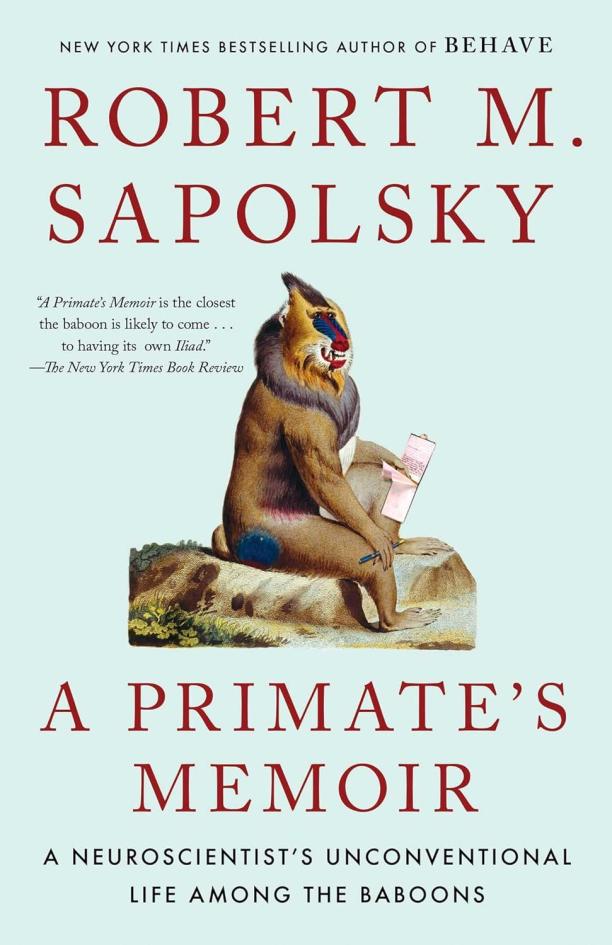
A Primate's Memoir
A Neuroscientist's Unconventional Life Among the Baboons
Robert M. Sapolsky
The book chronicles the author's experiences living among a troop of baboons in Kenya, detailing his scientific observations and the relationships he formed with the primates. It blends humor and poignant reflections on the interplay between the baboon society and human cultures, as well as the impact of stress on health, which is a central theme in the author's research.
See full summary
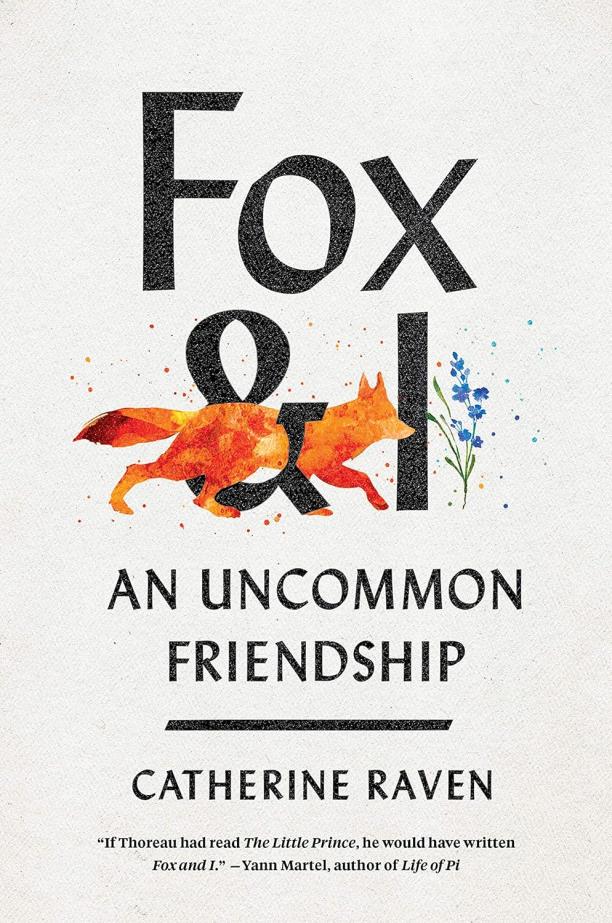
Fox and I
An Uncommon Friendship
Catherine Raven
The memoir recounts the author's unexpected friendship with a wild fox while living in a remote area of Montana. Through their daily interactions, she reflects on nature, science, and the profound connections between humans and wildlife.
See full summary
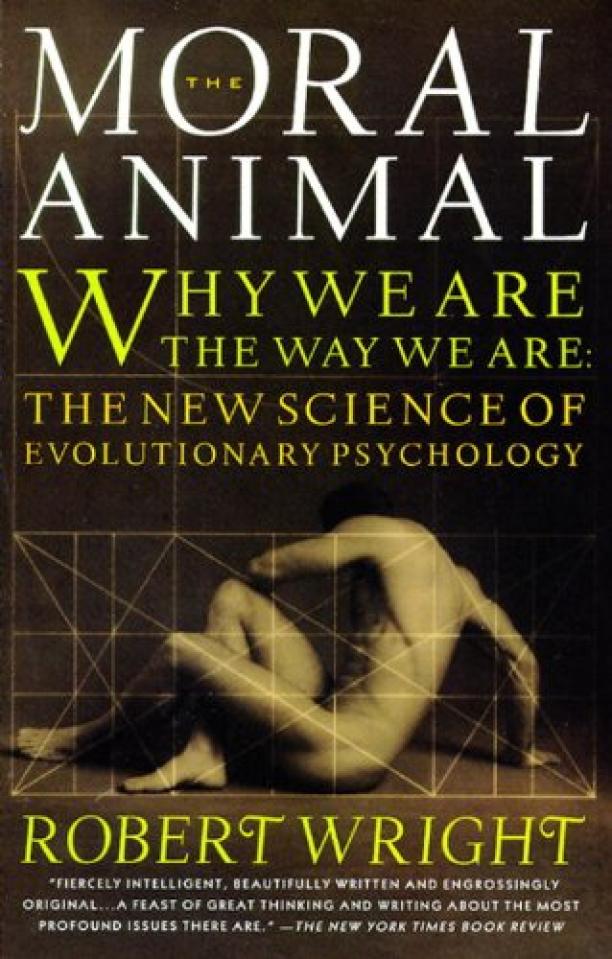
The Moral Animal
Why We Are, the Way We Are: The New Science of Evolutionary Psychology
Robert Wright
The book explores how evolutionary theory can explain human behavior and social dynamics, arguing that natural selection has shaped our psychological tendencies, from sexual attraction to cooperation and competition. It delves into topics such as altruism, hierarchy, and the subconscious motives behind our moral choices and actions.
See full summary
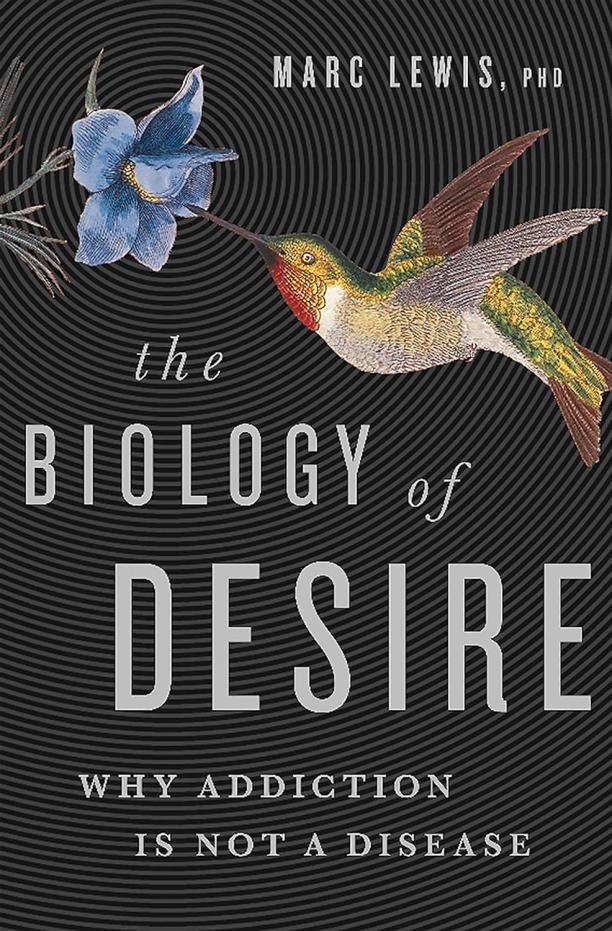
The Biology of Desire
Why Addiction Is Not a Disease
Marc Lewis
The book challenges the disease model of addiction, arguing that it is a habit formed through the brain's natural learning processes. It presents personal stories of addiction alongside neuroscientific insights to illustrate how desires become compulsions through changes in the brain's structure and function.
See full summary
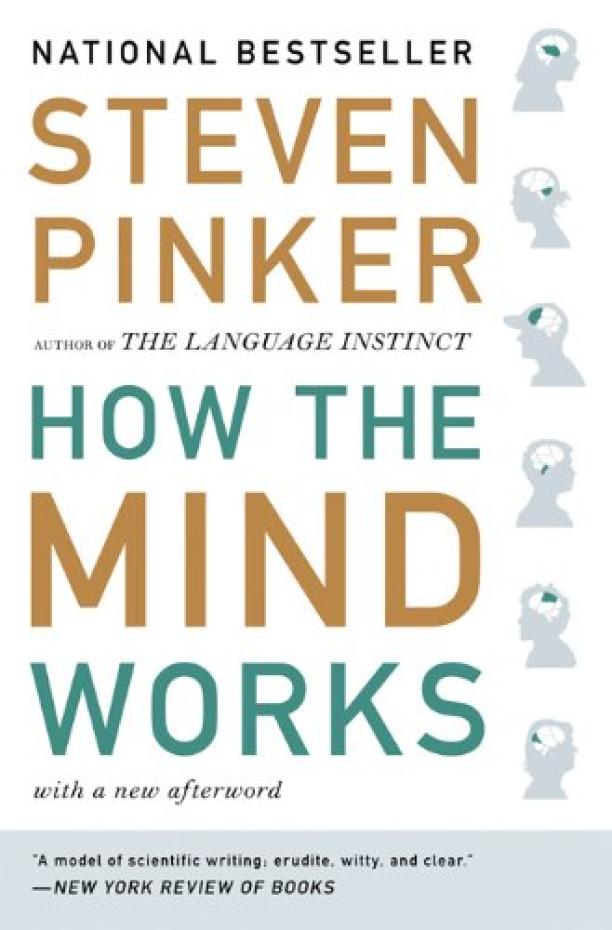
How the Mind Works
Steven Pinker
The book synthesizes insights from evolutionary psychology and cognitive science to explain human thought, emotion, and behavior, arguing that the mind is a complex system shaped by natural selection to solve problems faced by our ancestors. It covers topics such as perception, reasoning, language, and social relations, proposing that understanding the mind's evolved functions can shed light on its structure and operations.
See full summary
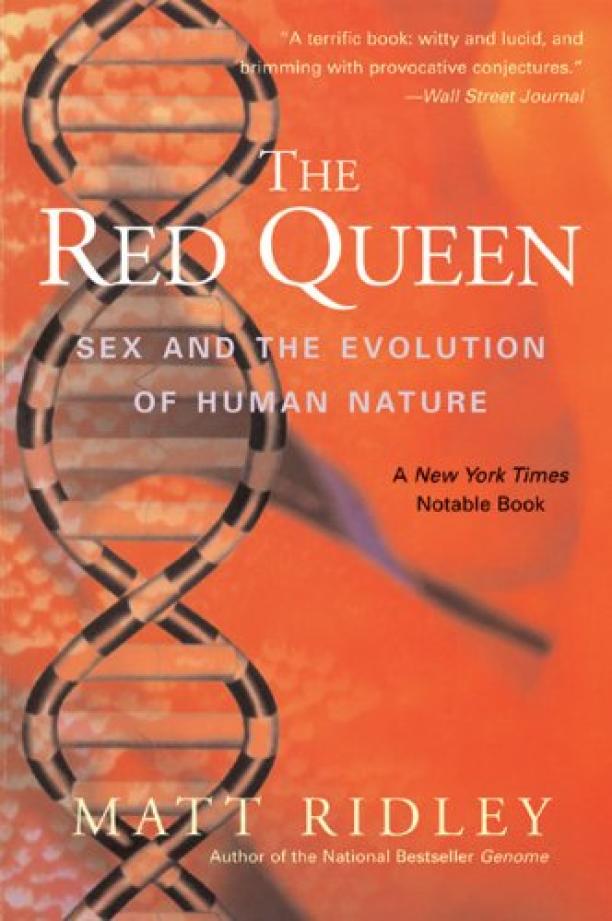
The Red Queen
Sex and the Evolution of Human Nature
Matt Ridley
The book explores the role of sexual selection in the evolution of human behavior and biology, arguing that the constant competition for mates drives the development of our species' characteristics. It delves into topics such as the differences between male and female reproductive strategies, the genetic basis for human nature, and the evolutionary reasons behind our social behaviors.
See full summary
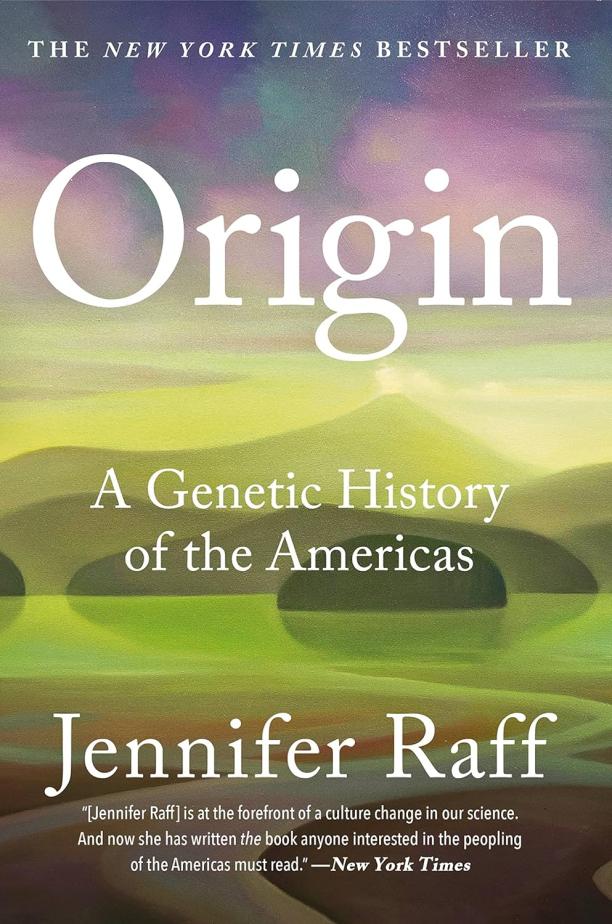
Origin
A Genetic History of the Americas
Jennifer Raff
The book explores the peopling of the Americas through a synthesis of genetic, archaeological, and linguistic evidence, revealing the complex migrations and genetic diversity of indigenous populations. It challenges outdated narratives and provides a nuanced understanding of how the continents were populated over thousands of years.
See full summary
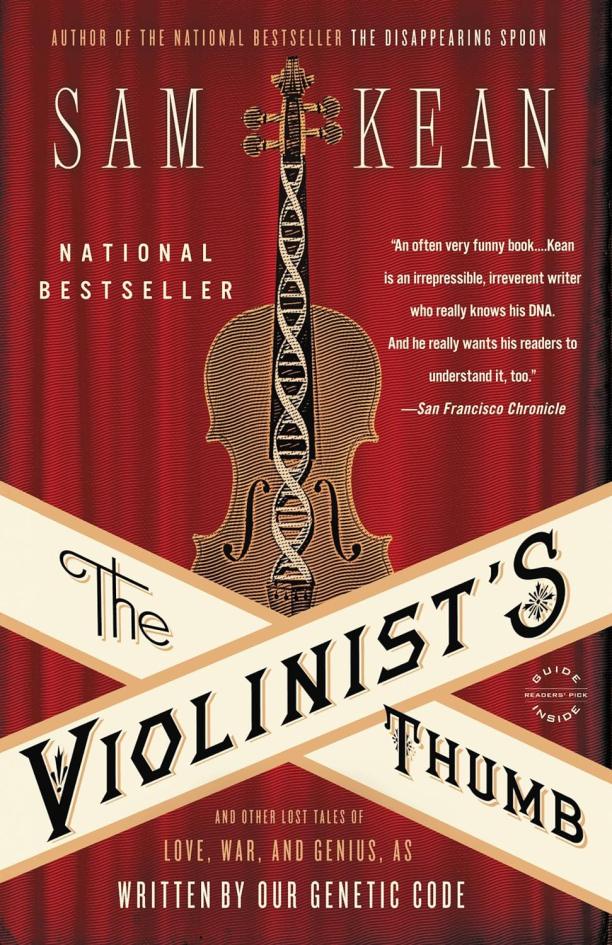
The Violinist's Thumb
And Other Lost Tales of Love, War, and Genius, as Written by Our Genetic Code
Sam Kean
The book delves into the fascinating stories encoded within human DNA, exploring historical figures and events through the lens of genetics. It reveals how our genetic code influences our lives, traits, and behaviors, intertwining science with anecdotes about famous personalities like Beethoven and the titular violinist, Paganini.
See full summary
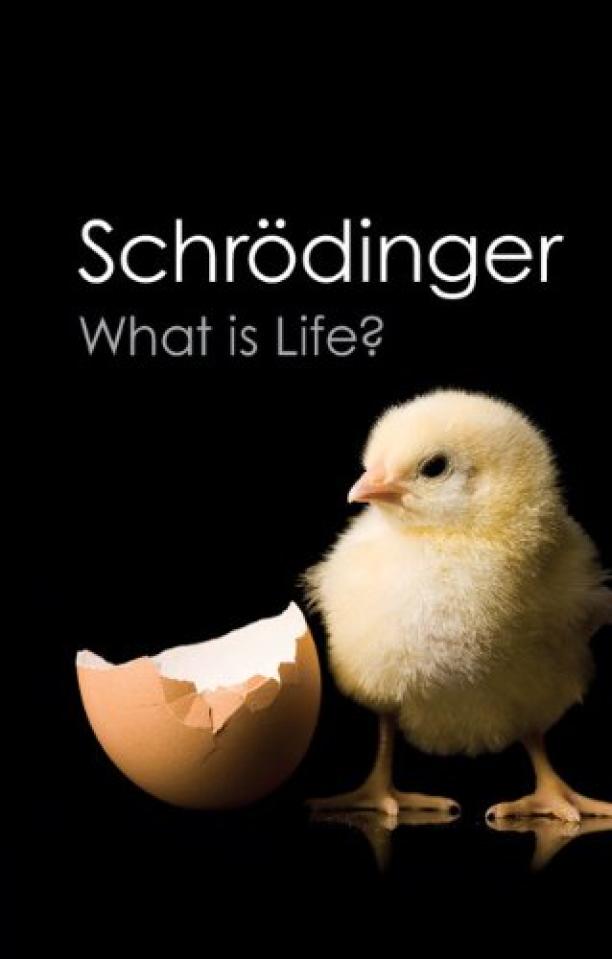
What is Life?
Erwin Schrodinger
The book explores the nature of life from a physicist's perspective, discussing how living matter avoids decay to equilibrium through genetic stability and quantum mechanics. It delves into the physical aspects of living cells, heredity, and the thermodynamics of living systems, influencing the development of molecular biology.
See full summary
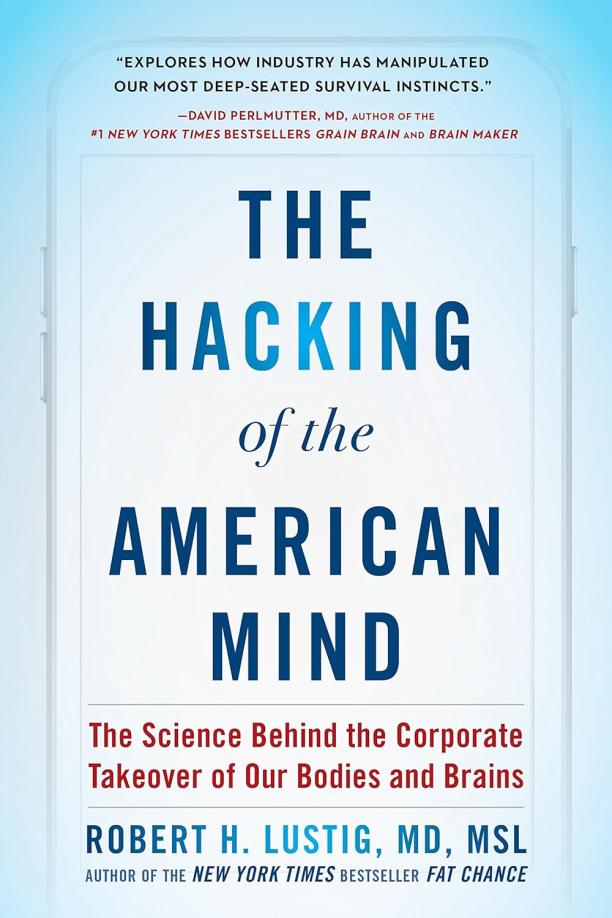
The Hacking of the American Mind
The Science Behind the Corporate Takeover of Our Bodies and Brains
Robert H. Lustig
The book explores the neuroscience behind addiction and how corporations exploit biological processes to foster consumer dependency on unhealthy products, particularly sugar and technology. It delves into the distinction between pleasure and happiness, illustrating how the pursuit of the former can sabotage the latter, leading to a cycle of consumption and addiction that harms individual well-being and society.
See full summary